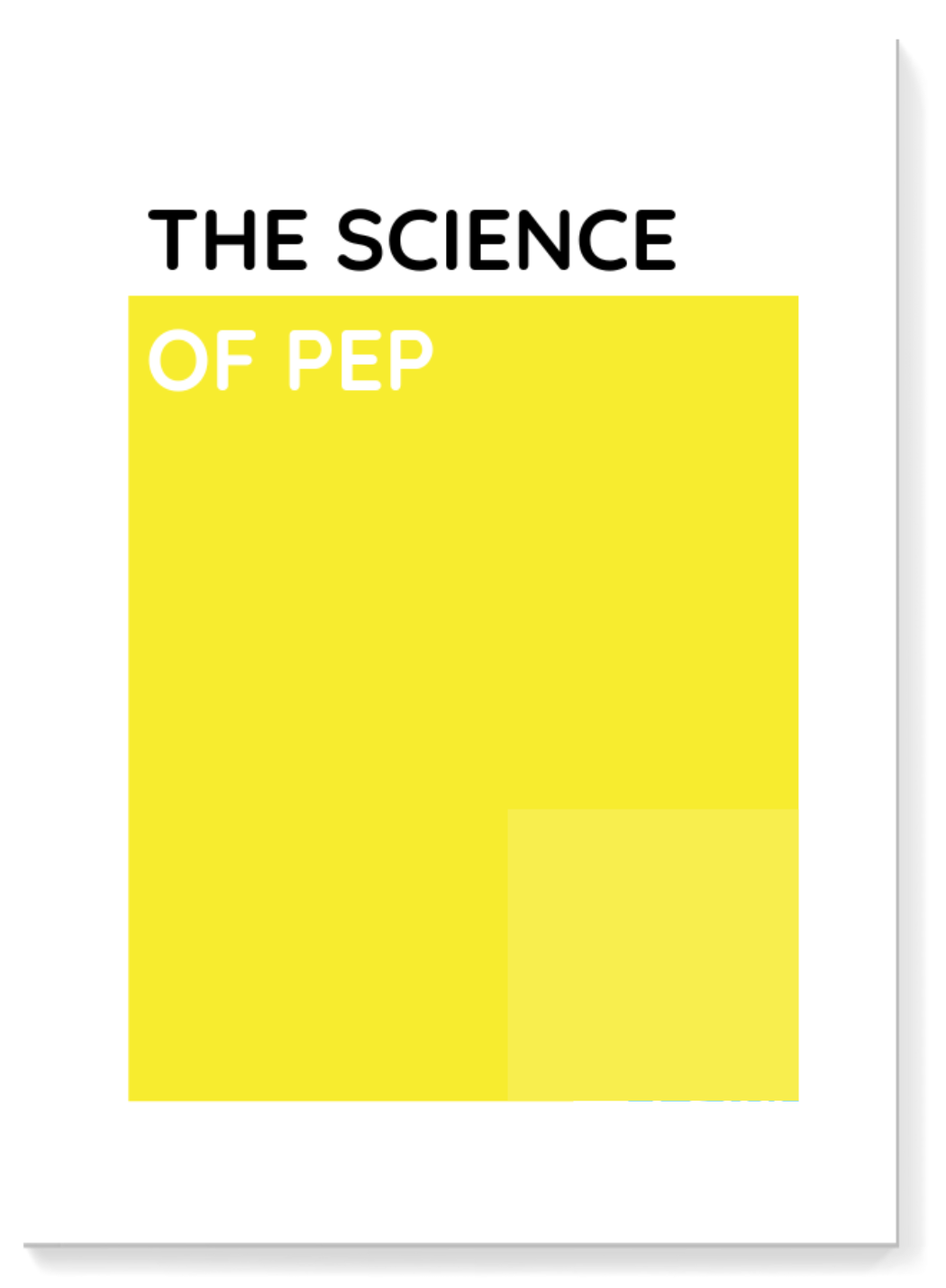
The science of pep
Australia’s National Science Agency, CSIRO, has published findings that Hey Lemonade pep talks can improve users mood, stress and ability to cope with general life hassles.
In 2021 Hey Lemonade commenced a project with the CSIRO to test the benefits of Hey Lemonade pep talks on users’ mood, stress and emotional health and wellbeing – after all, no one has time for things that don’t work! The results of the trial were recently published in the Journal of Medical Internet Research (a premier peer-reviewed journal with a unique focus on digital health, digital psychiatry, digital psychology and e-mental health). Read about the findings below.
Our experts

Hey Lemonade & CSIRO study
While commercial mobile apps designed to promote health and well-being are becoming more and more popular, few are subject to rigorous testing to support the benefits they claim to deliver. The Hey Lemonade CSIRO study, made possible through the CSIRO Kick-Start Program, sought to do just that, looking to quantify whether engagement with the app was effective in providing positive health benefits for individuals in real world settings.
Drum roll please…
The results found that those using the app reported a 50 per cent increase in feelings of calmness by week four, compared to participants in the control group who tracked their moods without any intervention over the same period.
The study saw a significant increase in feelings of vitality, described as aliveness and high positive energy in association with motivation. In addition, perception of daily hassles experienced over the previous 1-2 days significantly decreased for those accessing the Hey Lemonade app. The experience of daily hassles includes managing family, bills, appointments, work, commuting, and is a strong predictor of overall wellbeing and health status in other research.
An analysis of the study, which involved 166 people aged 25 – 50 years old, found that age or gender did not significantly predict higher app engagement, suggesting the broad appeal of Hey Lemonade. The study identified that while stress is often researched in the context of workplaces, it is important to examine stress in the context of micro-stressors or daily hassles because they are likely to be important predictors of health outcomes.
In feedback collected across the trial, participants said that the app and talks left them feeling “motivated and more positive”, “inspired, calm, armed with practical advice to get through tough times”, as well as “clear minded and refreshed”.
Researchers concluded that a digital intervention such as the Hey Lemonade app might be useful as a self-guided approach for managing daily life stress and promoting positive emotional wellbeing.
You can read the full Hey Lemonade CSIRO study paper here.
Or read more about our our evidence base below.

Pep ingredients
All Hey Lemonade pep talks are created utilising a range of evidence-based therapeutic approaches. First, we utilise research from motivational language theory, solution focussed coaching and organisational and sports psychology to understand the key ingredients that form the basis of an effective pep talk. Then, every talk is overseen by our team of psychology and coaching experts to ensure the language and tools are clear and effective.
Motivational language
The winning formula for an effective pep talk
Hey Lemonade pep talks are based on Motivational Language Theory, developed by Jacqueline Mayfield & Milton Mayfield (1). This theory draws on evidence from business management, social sciences, and communication theories to understand what kind of talk drives positive outcomes in a wide array of settings.
That research has found that the most winning formula of an effective pep talk includes:
- the key principles of motivational language theory (direction giving, empathy, meaning making)
- the use of direct unambiguous language devoid of vagueness or ambiguity, and
- a liberal use of open ended questions (regarding goals, their meaning, an individual’s resources and required steps).
We have also found that inviting listeners to reflect on their options can enhance specificity beyond the script and thus, increase the efficacy to motivate positive behavioural change.
Each pep talk at Hey Lemonade has been anchored in the principles and practices outlined above to maximise their effectiveness while delivering a great listener experience.
Solution based approach
The human brain has an in-built negativity bias which means we often overemphasise negative experiences, barriers, problems or potential outcomes. The solution based approach developed by Anthony Grant (2) helps the brain shine a torch on what might be possible and the exceptions of positivity that are already present in one’s life.
This approach seeks to remind people of the internal resources and strengths they have by reflecting on who they are and the times they have achieved or gotten through a similar situation. It also explores external resources, such as identifying the people in our life who set us up for success, from our partners, families, colleagues, friends and even pets. Solution based approach also seeks to help us realise that failures and setbacks are normal.
The outcome of this is to help people gain perspective on how to achieve the goal and helps free oneself of negative patterns of thinking. These elements and reflections have been incorporated into every Hey Lemonade pep talk.
Additional ingredients
Other psychology and meditation methods such as visualisation, breath-work, acceptance and motivational coaching are also frequented in the Hey Lemonade talk scripts to help listeners calm physiological reactions, decrease anxiety, fear and racing thoughts. Elements of CBT are used to challenge unhelpful thinking and discourage avoidance.
This scientific foundation is then translated by our team of compassionate, clever and creative writers to craft the ideal talk with perspective and humour.
72%
of Australians feel stress is impacting their health (3).
65%
of people said pep talks affect the way they perform (while this relates to sports people, we think it may relate to non-sporty people too.) (4)
100%
of people wish that people would step back from the bag carousel at the airport, ammirite?
(1) Mayfield, J., & Mayfield, M. (2018). Motivating Language Theory Effective Leader Talk in the Workplace (1st ed. 2018). Springer International Publishing.
(2) Grant, A., & Greene, J. (2003). Solution Focused Coaching: Managing people in a complex world (1st ed. 2003). Pearson Publishing.
(3) https://psychology.org.au/getmedia/ae32e645-a4f0-4f7c-b3ce-dfd83237c281/stress-wellbeing-survey.pdf
(4) Gonzalez, Stephen & Metzler, Jonathan & Newton, Maria. (2011). The Influence of a Simulated ‘Pep Talk’ on Athlete Inspiration, Situational Motivation, and Emotion. International Journal of Sports Science and Coaching. 6. 445-460. 10.1260/1747-9541.6.3.445

